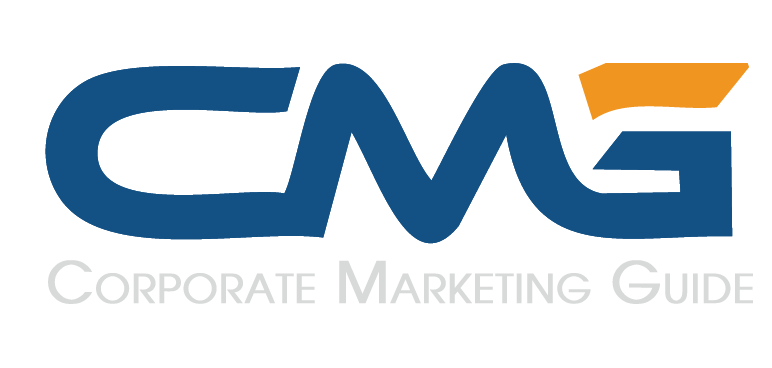Key Takeaways
- Efficient payroll processes can save time and reduce errors for small businesses.
- Understanding various payroll options can enhance financial management.
- New technologies are simplifying payroll for small businesses.
Efficient payroll processes management is critical to running a successful small business, ensuring employees are compensated accurately and on time. For small business owners, juggling payroll alongside other responsibilities can be challenging, especially with the complexities of taxes, benefits, and compliance requirements. Simplifying these processes reduces errors and saves valuable time and resources. Leveraging modern tools and strategies can help businesses maintain compliance, improve accuracy, and create a smoother workflow. Streamlined payroll systems contribute to employee satisfaction and organizational efficiency, enabling small businesses to focus on growth and productivity.
Why Efficient Payroll Matters
Payroll management can be a complex undertaking for small firms that calls for accuracy and productivity. Payroll disbursement is only one aspect of it. The intricate facets of payroll entail proper tax calculations, adherence to labor laws, and timely disbursements. Many businesses have found that paying employees online alleviates some of the manual workload and significantly enhances the accuracy and speed of payroll processing. When payroll is managed efficiently, it bolsters employee morale as there’s less room for errors or delays that could lead to dissatisfaction and trust issues.
Inaccuracies in payroll can lead to employee disputes or even legal consequences, making accurate payroll management critical. By adopting more efficient methods, businesses protect their reputation while fostering a positive workplace environment.
Common Challenges in Payroll Management
Managing payroll involves navigating various challenges that can impact accuracy and compliance. Keeping up with ever-evolving tax laws and regulations is a significant challenge that, if not appropriately managed, can result in expensive mistakes. Calculating employee wages, benefits, and overtime accurately can be time-consuming, especially for businesses with diverse payroll structures. Record-keeping and maintaining confidentiality also requires meticulous attention to detail. Additionally, manual processes increase the risk of errors and delays, potentially affecting employee satisfaction. For many businesses, finding efficient solutions to these challenges is essential to ensure smooth operations and meet regulatory requirements.
Payroll Options Overview
With the array of payroll processes management options available, businesses today have more choices than ever. Traditional in-house payroll systems require significant manual involvement and depend heavily on human operators’ meticulousness. Despite their straightforward nature, they are often not scalable and can become cumbersome as the company grows.
Outsourced payroll services offer another convenience layer, as they transfer the administrative burden to third-party specialists. However, this comes at a cost and can sometimes detract from day-to-day financial oversight. Meanwhile, cloud-based platforms offer a hybrid of sorts, combining affordability with flexibility.
Cloud-based solutions are particularly appealing because they are accessible from anywhere. They provide real-time updates and insights into payroll data, crucial for informed decision-making. These platforms often integrate seamlessly with other business tools, fostering a synchronized workflow.
Benefits of Automated Payroll Systems
Moving to automated payroll processes systems has become a natural progression for many forward-thinking small businesses. By leveraging technology, these businesses reduce their dependency on manual processes and associated errors. The advantages of automation range from improved accuracy and compliance to a significant reduction in the workload for administrative tasks.
Automation ensures that calculations are done correctly every time, and intelligent updates mean that systems are always aligned with the latest legal and tax requirements. This minimizes the risks associated with manual errors and ensures the business complies with industry standards and regulations.
Beyond the basics, automated systems offer advanced features such as reporting capabilities and analytical insights. These tools enable businesses to analyze their payroll data in-depth, uncovering trends and making strategic decisions beyond mere payroll management.
Choosing the Right Payroll System
Selecting the most appropriate payroll processes system is a strategic decision that hinges on several factors. It requires a detailed assessment of a business’s specific needs, considering variables like the size of the workforce, the company’s financial constraints, and the particular features necessary to support business operations.
Key features include automated tax compliance, ease of use, data security, scalability, and integration with other business software. The right payroll system should not only meet present needs but should also accommodate future growth and expansions.
For small businesses, particularly those experiencing rapid growth, a scalable system that can quickly adapt to changes in workforce size or operational processes without requiring significant overhauls is essential. This saves time and ensures continuity and stability in payroll management.
The Future of Payroll Technology
The horizon of payroll processes technology is constantly expanding as advancements in AI and machine learning open new possibilities for innovative solutions. Future systems are likely to feature even more sophisticated predictive capabilities, helping businesses to forecast payroll expenses and cash flow needs with greater precision.
This progression toward more intelligent systems also means that payroll can become a strategic tool for business planning, providing invaluable insights that drive decisions and strategies in areas beyond HR.
As these technologies evolve, businesses’ expectations for payroll systems will grow as they look for solutions that manage payroll effectively and add tangible value to their organizations.
Payroll management challenges for small businesses are undeniable, yet they also provide a unique opportunity. By investing in efficient and innovative payroll solutions, businesses can not only avert costly errors and legal disputes but also enhance employee satisfaction and company reputation.
While payroll may seem like a back-office function, its impact permeates an organization, energizing growth, ensuring compliance, and providing peace of mind. Thus, viewing it as an investment—rather than merely a function—can set a business on a path toward sustained success.



